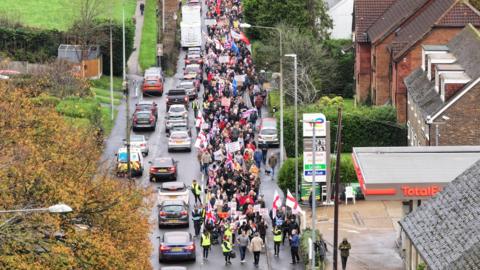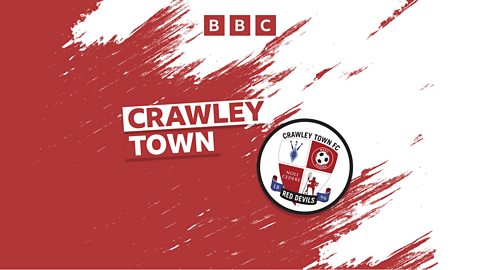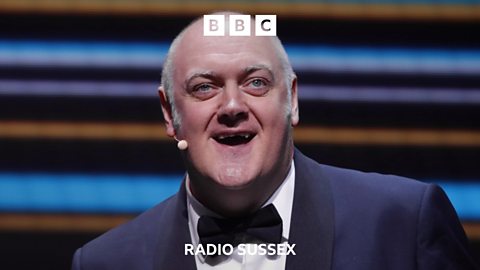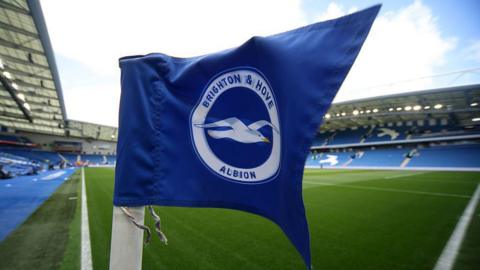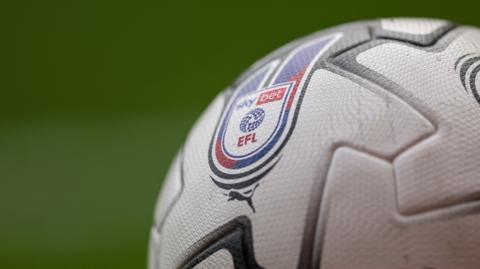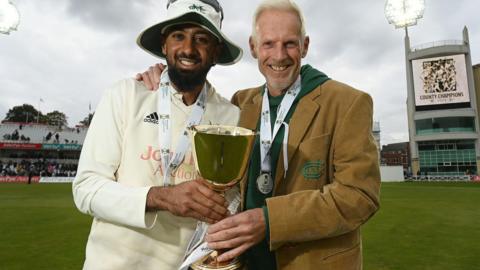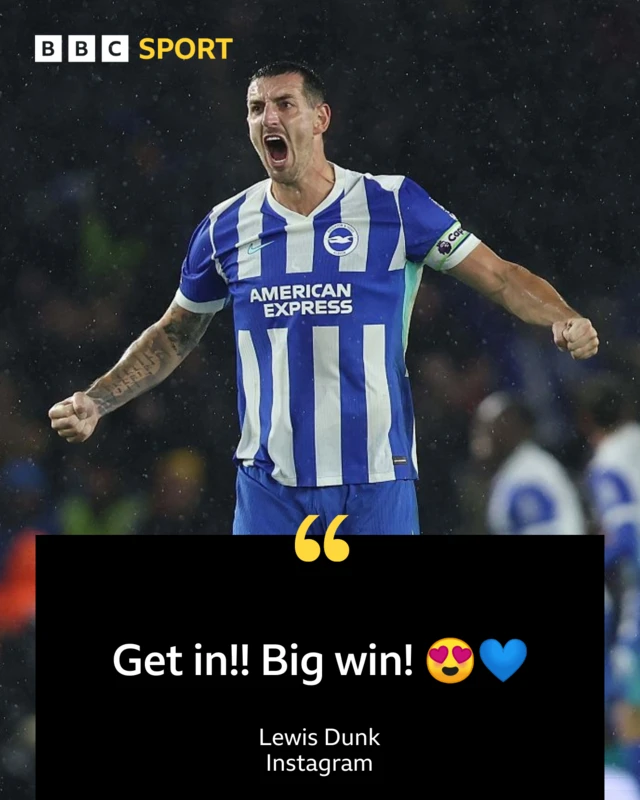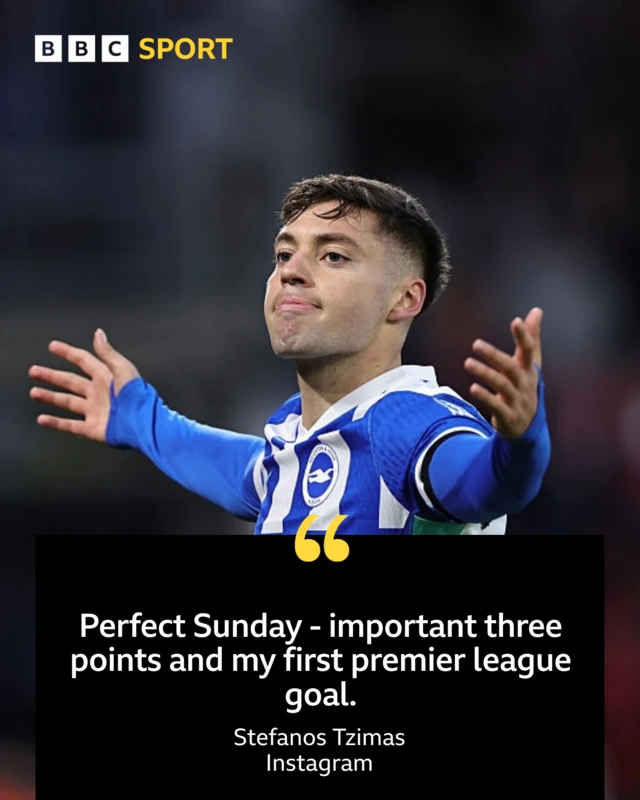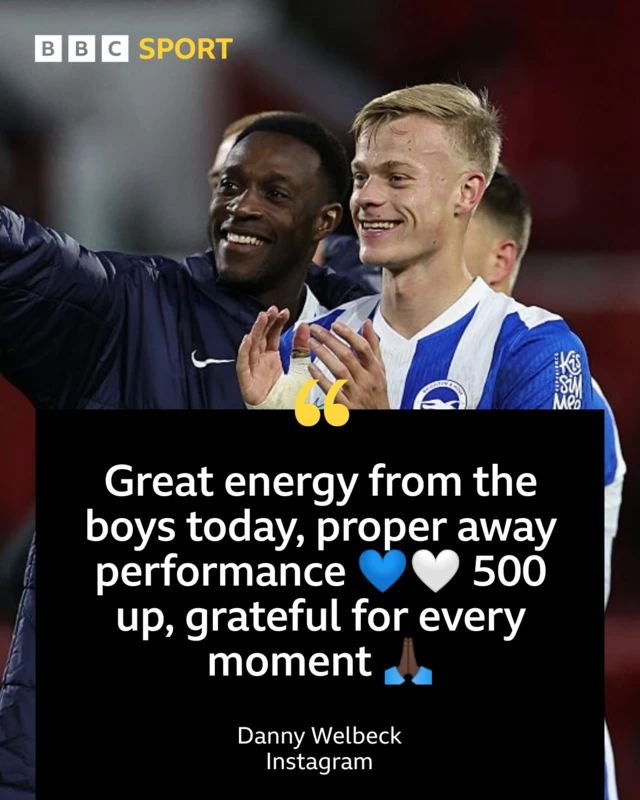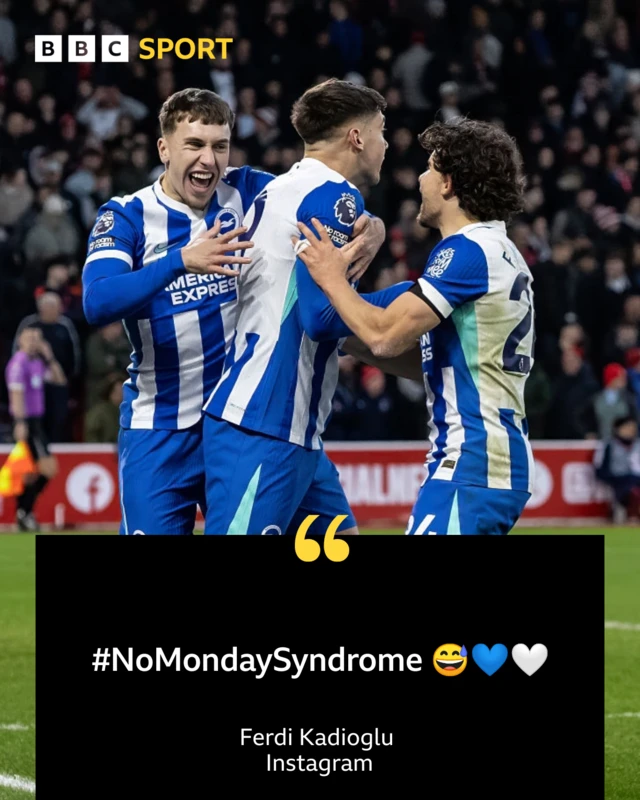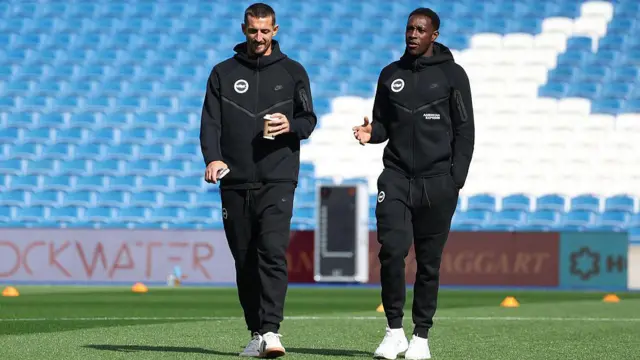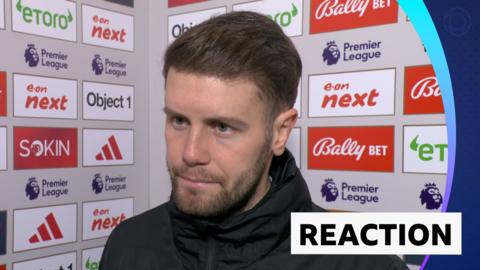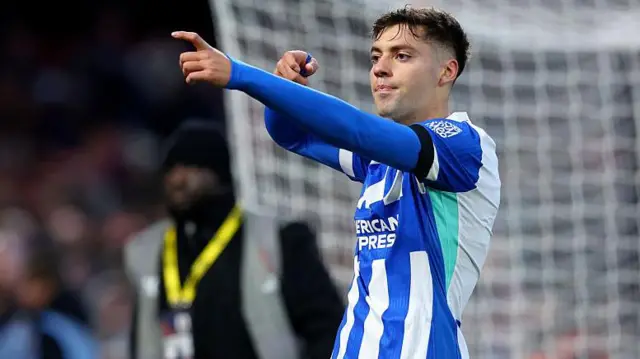Brighton set 'new benchmark at Forest'published at 16:46 GMT 1 December
Scott McCarthy
Fan writer

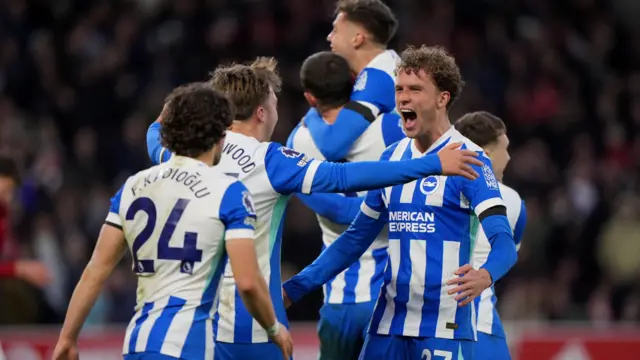 Image source, PA Media
Image source, PA MediaAfter a much happier experience away at Nottingham Forest compared to the 7-0 shambles of 10 months ago, someone asked me how Brighton find themselves fifth in the Premier League table.
My response? I do not know.
Through August, September and October, it did not feel like Brighton played particularly well.
There were good 20-minute spells here and there. But stringing together one 90-minute performance was beyond the Albion, let alone putting together two, three or four in a row. Some supporters were even starting to publicly question Fabian Hurzeler.
Yet here we are, a third of the way through the campaign with Brighton firmly in the battle for a Champions League spot, having got there almost unnoticed.
They say the sign of a good team is winning games when not playing particularly well. How about being three points off second place in the toughest league in the world without playing particularly well?
And if the Albion can ride so high in the standings having rarely hit top gear, imagine what might happen when they do? Well, we got a glimpse of that at the City Ground on Sunday, in what was arguably the best display of the campaign.
Brighton have a woeful record against Sean Dyche-managed sides and Forest has never been the happiest of hunting grounds, even before the cricket score last season - and they were coming off the back of a 3-0 win at Liverpool.
Yet Albion set a new benchmark at Forest. Play like that for the rest of the season and there will be no mystery in trying to explain a fifth-place finish come the end.
It will have been well-earned. I might have to start laying the groundwork now with my partner over the potential lack of summer holidays as annual leave will instead need saving for the Champions League.
Find more from Scott McCarthy at We Are Brighton, external












